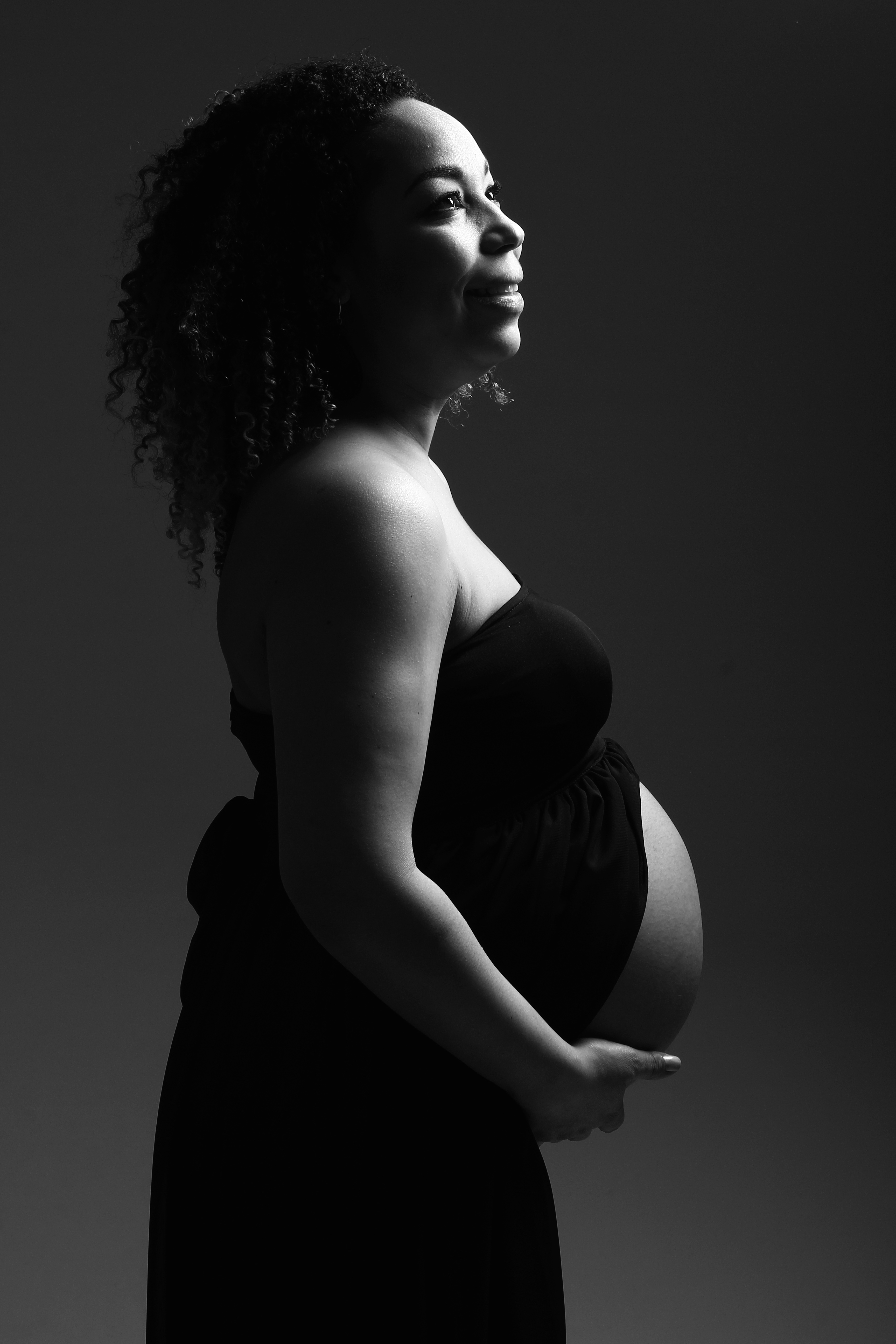By Emma Dugas, Vitals contributor
Medical breakthroughs benefit millions of Americans every day —from vaccines that help prevent illness to therapies that treat disease. While our understanding of how to better care for individuals has grown, gaps remain for racial and ethnic groups.
The differences, and their consequences, have been widely documented for one common healthcare encounter: childbirth. Today in the United States a non-Hispanic Black women is two to three times more likely to die from preventable or treatable pregnancy-related complications than a white woman. The U.S. also has the highest maternal mortality rate among similarly developed countries.
The Blue Cross Blue Shield Association (BCBSA) recently began leveraging a long-standing evaluation program to help address inequities in maternal care—and their findings spotlight those that are making a difference.
BCBSA’s Blue Distinction Center, which recognizes hospitals for providing high-quality care safely, effectively, and cost efficiently, expanded the requirements for its Maternity Care Center designation in 2020. Hospitals must now meet a greatly expanded list of criteria to earn the designation.
New requirements include collecting quality and outcome data by race and ethnicity, maintaining a maternal quality improvement program, limiting the number of cesarean section (C-section) deliveries, routinely practicing drills and simulations for adverse events, and having dedicated protocols and procedures for the management of hypertension and hemorrhage. These requirements are intended to correct racial and ethnic disparities in maternal care, high utilization of medically unnecessary C-sections, and inadequate prevention and treatment of pregnancy-related health conditions.
The not-for-profit, integrated Sutter Health network, a participant in the Blue Distinction program since 2015, embraced the criteria changes and 16 Sutter Hospitals have been recognized as Blue Distinction Centers for Maternity Care in 2021, based on care delivered in 2019.
“I am incredibly proud that so many Sutter hospitals have earned this recognition,” said Kristen M.J. Azar, R.N., MSN/MPH, FAHA, scientific medical director for the Sutter Health Institute for Advancing Health Equity. “Sutter’s C-section rates for low-risk, first-time moms with normal pregnancies sit well below California’s nationally leading averages across all race/ethnic groups, a testament to the multidisciplinary work being done to prevent maternal health disparities within our system.”





